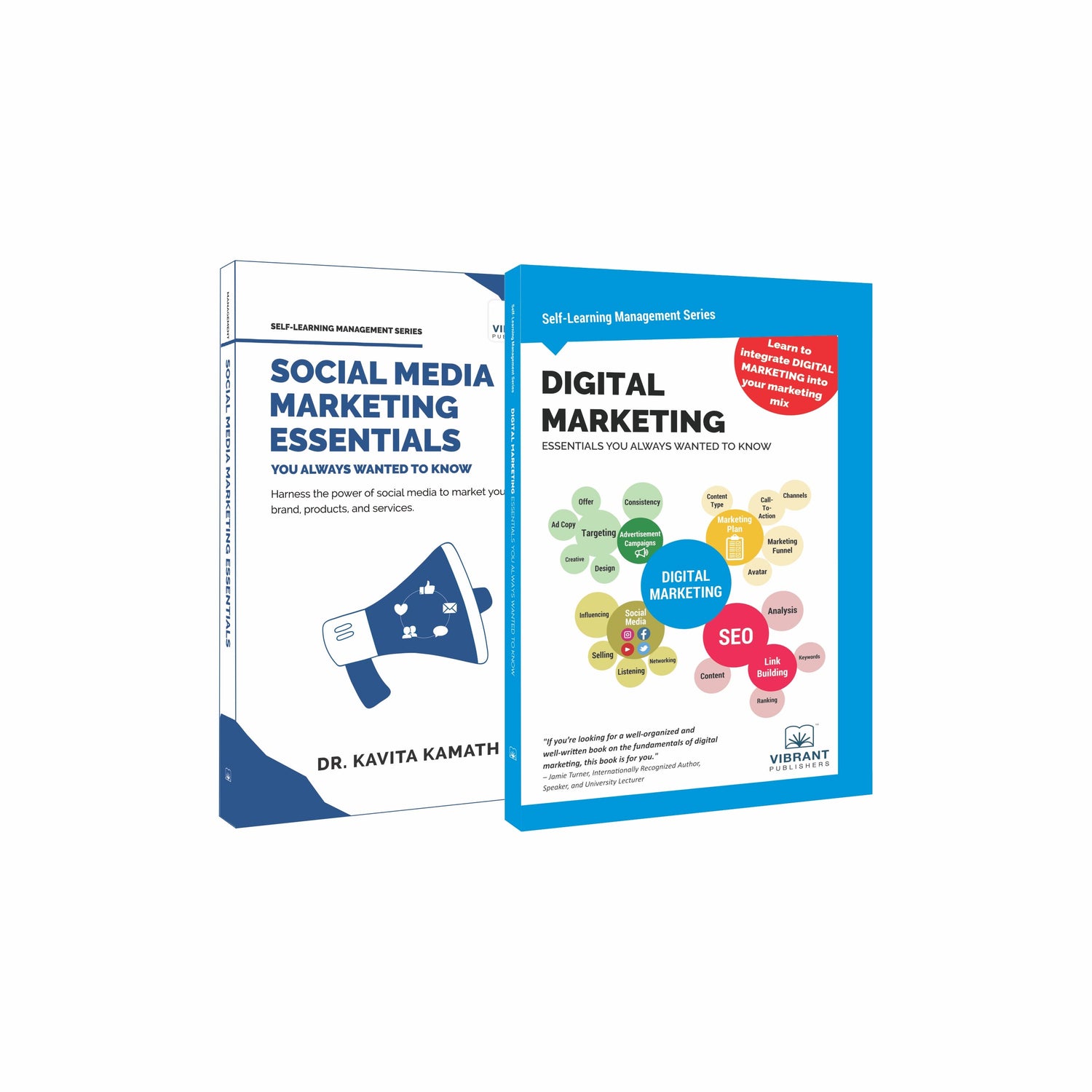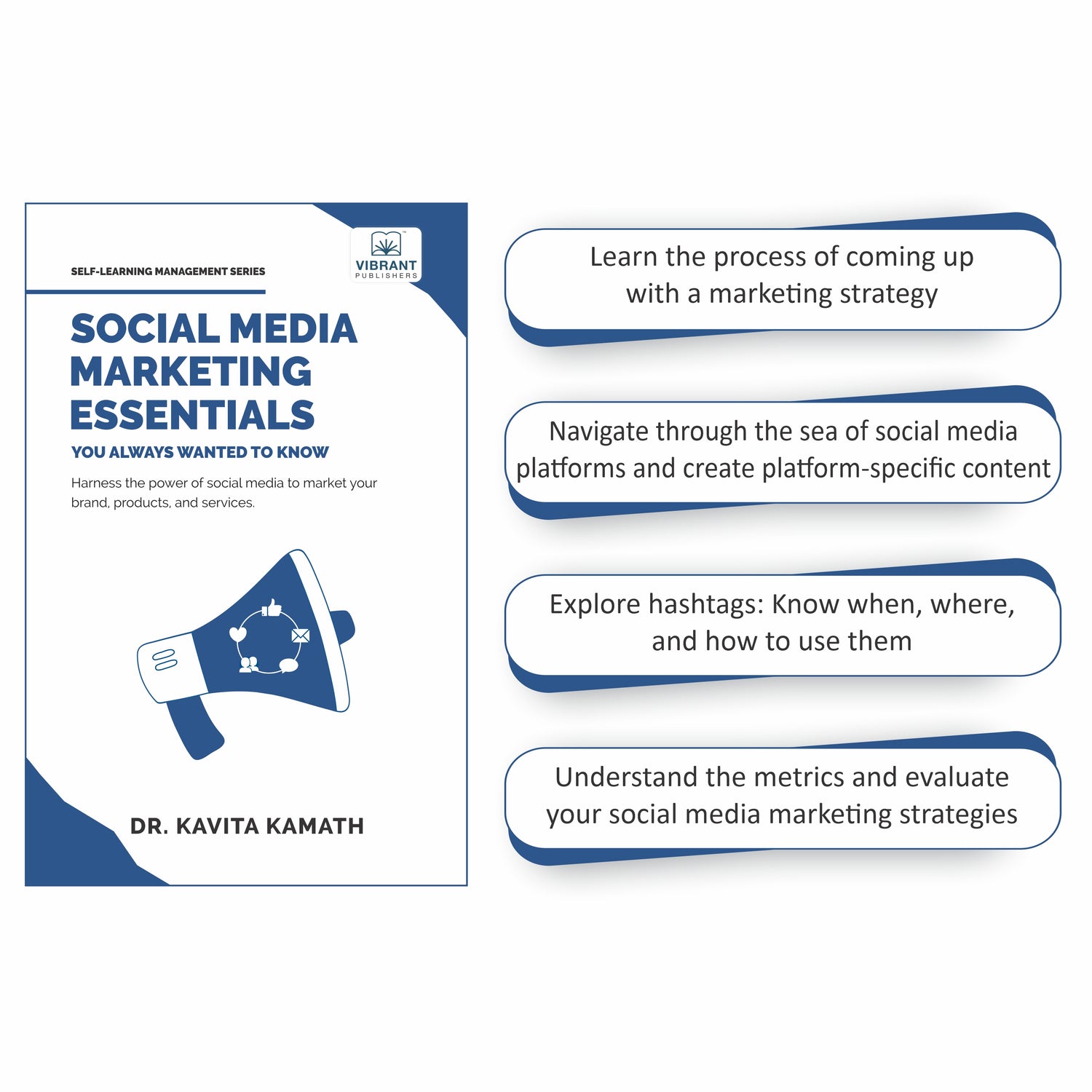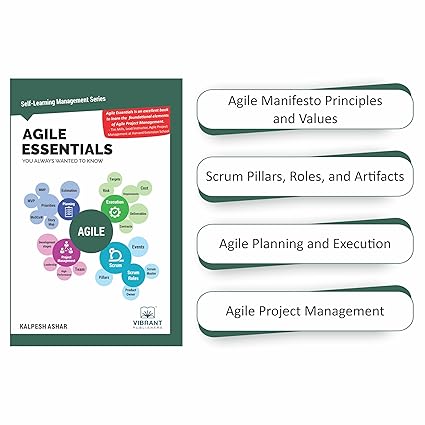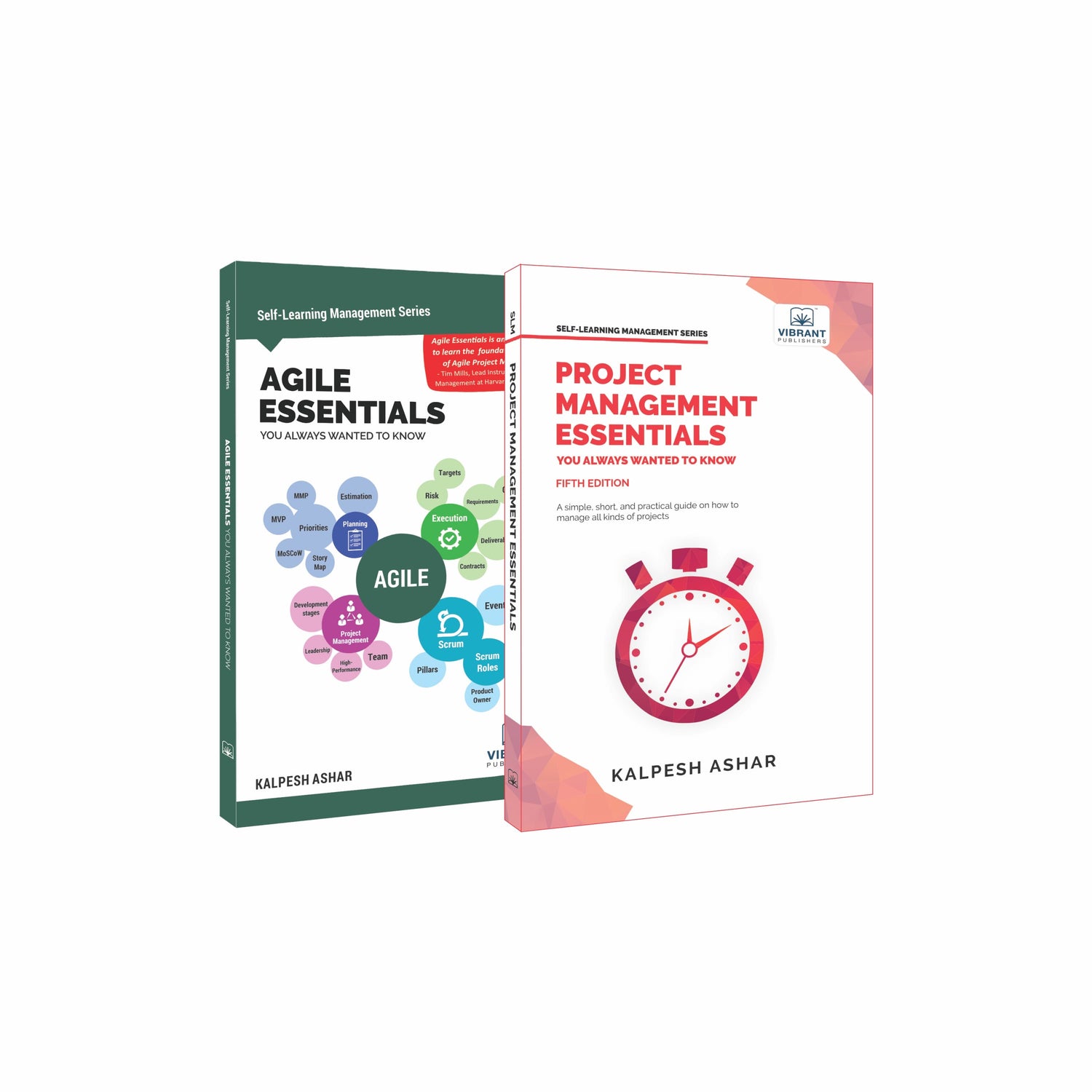
AI in Market Research: Benefits and Concerns
As the proliferation of artificial intelligence (AI) tools rises, questions about the impact of such advances are also increasing. Across sectors, the potential for AI is proving itself to be more than just hype. While feedback in the market research space remains cautiously optimistic, there is no doubt that AI is creating widespread disruption. Some go so far as to say that it is “reinventing the market research industry.”

Discussion of AI applications in market research consistently highlights areas of benefit in contrast with areas of concern. However, the latter are diminishing as time goes on.
Benefits most likely to be noted include:
1. Enhanced analysis of quantitative and qualitative data
AI tools can open the door to enhanced data analysis by offering the capability to quickly apply higher-level statistics, even in the absence of expertise. In the near term, this can result in more accurate, actionable, and sophisticated analysis. In the longer term, it allows more data to be analyzed, and more deeply. In the context of market research, the potential for AI to bring new dimensions to quantitative and qualitative data and deliver richer overall analysis remains the biggest selling point to date.
2. Predictive analytics and market intelligence
AI’s ability to analyze historical data in the context of predicting future behaviors and trends has the ability to be a game changer. This capability enables businesses to better anticipate shifts in the market and significantly optimizes the process of strategic planning or decision-making. Namely, predictive analytics highlights the power of AI to identify and unravel market complexities. Put into action, this ability dramatically improves the generation of customer and market insights, allowing a business to stay well ahead of its competition.
3. Streamline and automate data collection
Saving time and money via automated data collection is a commonly highlighted benefit. This becomes especially valuable in instances when data integration is involved. AI can support seamless and continuous updating of data from multiple data sources – think primary and secondary research mixed-methods research, for example – often updating integrated data in real-time. This is possible because AI solutions can process and integrate data as it is generated – a critical capability for enabling more streamlined and optimized decision-making. In particular, market and competitive intelligence efforts can get a huge boost from enhanced data integration capabilities.
4. AI-powered neuromarketing
Instances of integrating AI and neuroscience are growing by the day, and the resulting discipline – often referred to as neuromarketing – is anticipated to create a transformative leap forward in the practice of marketing optimization. Neuromarketing describes the study of how people’s brains respond to marketing by monitoring brainwave activity, eye tracking, and other physiological responses. The real-world impact of neuromarketing offers a steroid-like effect to what marketers already do and boosts performance across the board, enabling more precise campaigns, maximized conversions, and revolutionary customer strategies.
Areas of concern tend to include:
1. Impact on Market Research Professionals
As in most fields that face significant disruption from AI, market research professionals are not entirely sold on the idea. A significant factor driving hesitation is the fear of being replaced. Broadly speaking, more than three-quarters of consumers remain concerned that AI will cause job loss in the next year. But in the case of market research, AI could upskill current roles or create new types entirely. Certainly, the need for AI trainers to develop and refine models, for user experience designers to create interfaces for market researchers to use AI, and for governance specialists to oversee ethics and compliance, will increase.
2. Potential to introduce ethical concerns
There are many ethical issues associated with AI in the context of market research. First and foremost is the exposure to privacy breaches, which is especially concerning given the type of sensitive customer data that is likely to be at play when using various AI tools and platforms. Additionally, AI trained on imbalanced data will lead to biased results. To mitigate this risk, market researchers must ensure that the tools they are using are appropriately tested for data diversity and unbiased decision-making.
3. Falls short in human judgment
AI can fall short in market research applications, especially in the cases of reflecting complex nuances in human behavior, interpreting qualitative data, building relationships with respondents, understanding context beyond the data, dealing with biased data, and grasping complex situations that require human judgment and intuition. AI is simply not (or at least not yet) equipped to effectively handle tasks that require a deep understanding of human emotions, motivations, and subtleties in language – all of which are crucial to the practice of market research.
While it may be too soon to tell if AI will truly reinvent the market research industry, it is fair to say that the technology appears to be transforming many aspects of how and when this type of work gets done. From developing the research design to reporting customer insights, the entire process can benefit from AI. However, the few barriers that remain must be taken into account to avoid any declines in validity, usefulness, or ethical considerations.
Ultimately, the very best market researchers will remain current on AI tools that can enhance their workflow, while also ensuring that if and when they introduce one of such tools they are not upending the legitimacy or authority of the research.
Learn more about the subject of market research with our book Market Research Essentials You Always Wanted to Know. Written by Emily Wheeler and Samara Omundson, the book is a concise guide to the fundamentals of market research.
Share











